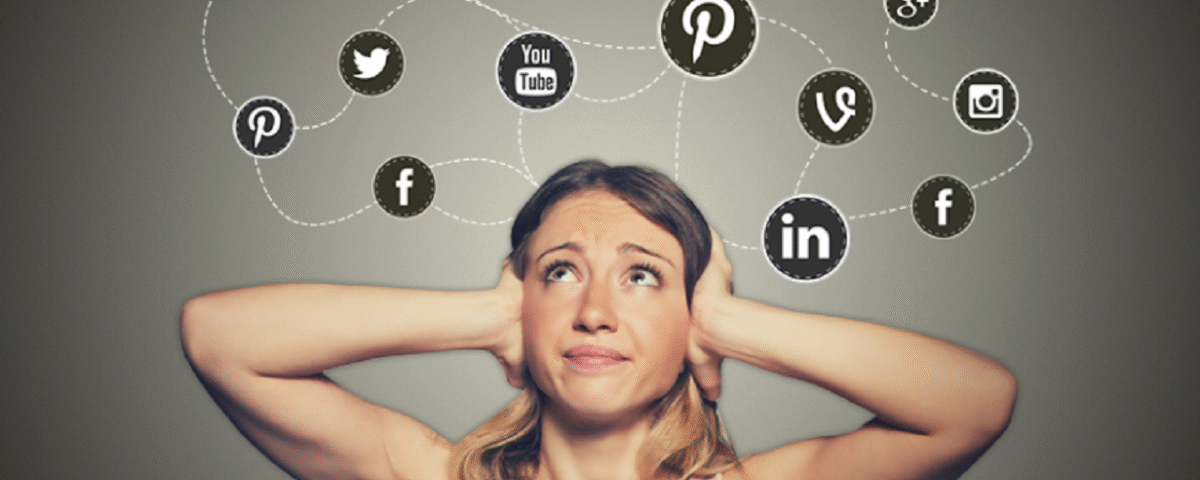
Best Family Entertainment Ideas at Home: Fun, Creative, and Affordable Ways to Bond
September 4, 2025
Simple Money Saving Life Hacks at Home
September 4, 2025Entertainment is a huge part of our everyday lives. Whether it’s watching movies, scrolling through social media, listening to music, reading books, or playing video games, we all turn to entertainment for relaxation and enjoyment. But have you ever wondered how entertainment affects mental health? The truth is, entertainment has both positive and negative effects, and understanding these can help us make healthier choices.
In this article, we’ll explore the different ways entertainment impacts our mental health, the balance we need to maintain, and practical tips to enjoy entertainment without harming our well-being.
The Positive Side of Entertainment on Mental Health
1. Stress Relief and Relaxation
One of the biggest benefits of entertainment is its ability to help us relax. Watching a favorite TV show, listening to soothing music, or reading a good novel can reduce stress levels after a long, tiring day. Studies show that laughter, which often comes from movies or comedy shows, lowers stress hormones and boosts mood.
2. Boosting Creativity and Imagination
Entertainment like movies, games, and books sparks creativity. For example, a thrilling fantasy movie can inspire someone to write, paint, or even pursue a creative career. This creative stimulation not only improves imagination but also helps in problem-solving and mental flexibility.
3. Social Connection and Belonging
Watching a popular show or playing online games can connect people with friends and communities. Entertainment often becomes a shared experience—discussing the latest Netflix series with coworkers or playing multiplayer games builds a sense of belonging. Social connection is crucial for mental health, reducing feelings of loneliness and isolation.
4. Motivation and Inspiration
Many forms of entertainment, such as documentaries, biographies, and uplifting songs, motivate people to take positive actions. For example, a movie about overcoming struggles can encourage viewers to face their own challenges with more strength and hope.
The Negative Side of Entertainment on Mental Health
While entertainment has many benefits, overuse or unhealthy habits can negatively impact mental well-being.
1. Addiction and Overconsumption
Binge-watching series or playing video games for hours can lead to entertainment addiction. This often reduces productivity, increases stress, and disrupts sleep patterns. Over time, it may cause anxiety, depression, or a sense of emptiness.
2. Unrealistic Expectations and Comparisons
Social media entertainment can harm mental health when people start comparing their lives to the glamorous lives shown online. This can cause feelings of inadequacy, jealousy, or low self-esteem.
3. Emotional Overload
While movies and shows can make us laugh, they can also cause emotional stress. Horror, violent, or overly sad content may leave viewers anxious, scared, or emotionally drained.
4. Reduced Physical Activity
Spending long hours in front of screens often leads to a sedentary lifestyle. Lack of movement is linked to obesity, poor sleep, and lower energy—all of which negatively affect mental health.
Finding a Healthy Balance
Entertainment itself is not harmful, but balance is the key. Here are some practical ways to enjoy entertainment while protecting your mental health:
1. Set Time Limits
Decide how much time you’ll spend on entertainment daily. For example, one or two hours of TV or gaming is reasonable, but spending the entire day glued to a screen is unhealthy.
2. Choose Positive Content
Be mindful of the content you consume. Inspirational shows, educational documentaries, or relaxing music can improve mood and mental well-being more than violent or negative content.
3. Mix Entertainment with Other Activities
Don’t let entertainment replace physical activities or hobbies. Combine it with exercise, reading, cooking, or spending time outdoors. A balanced routine supports both mental and physical health.
4. Watch Out for Triggers
If certain shows or social media accounts make you feel anxious, depressed, or insecure, limit your exposure. Focus on entertainment that makes you feel happy and energized.
5. Use Entertainment for Connection, Not Escape
Instead of using entertainment to avoid problems, use it to connect with friends and family. Watching a movie together or playing games as a group is more beneficial than isolating yourself with endless screen time.
Real-Life Examples of Entertainment’s Impact
- Positive Example: A person struggling with anxiety finds comfort in calming music or meditation apps, which reduce stress levels and improve sleep.
- Negative Example: Someone addicted to gaming spends nights playing online, leading to poor sleep, bad grades at school, and increased depression.
- Balanced Example: A student enjoys watching Netflix in the evening but limits screen time and spends weekends outdoors, maintaining both relaxation and physical activity.
A Quick Comparison Table
| Positive Impact | Negative Impact |
|---|---|
| Reduces stress and anxiety | Addiction and binge-watching |
| Boosts creativity and imagination | Unrealistic comparisons |
| Strengthens social connections | Emotional overload |
| Provides inspiration and motivation | Sedentary lifestyle |
Conclusion
Entertainment is a double-edged sword. It can bring joy, reduce stress, inspire creativity, and connect us with others. At the same time, too much entertainment—or the wrong type—can lead to addiction, low self-esteem, and mental strain.
The key is to enjoy entertainment in moderation, choose uplifting content, and balance it with real-life activities. By doing so, entertainment can become a powerful tool to improve mental health rather than harm it.
FAQs
1. Can entertainment help reduce anxiety?
Yes, certain forms like calming music, comedy shows, or lighthearted movies can reduce anxiety and help you relax.
2. Is binge-watching harmful for mental health?
Occasional binge-watching may be fine, but regular overconsumption can harm sleep, productivity, and emotional balance.
3. How do video games affect mental health?
Video games can boost creativity, problem-solving, and social interaction, but excessive gaming may cause addiction, stress, and reduced physical activity.
4. Can social media entertainment cause depression?
Yes, constantly comparing yourself to others on social media can lower self-esteem and lead to anxiety or depression if not managed well.
5. What is the best way to enjoy entertainment without harming mental health?
Set time limits, choose positive content, avoid harmful triggers, and balance screen time with physical activities and social connections.


